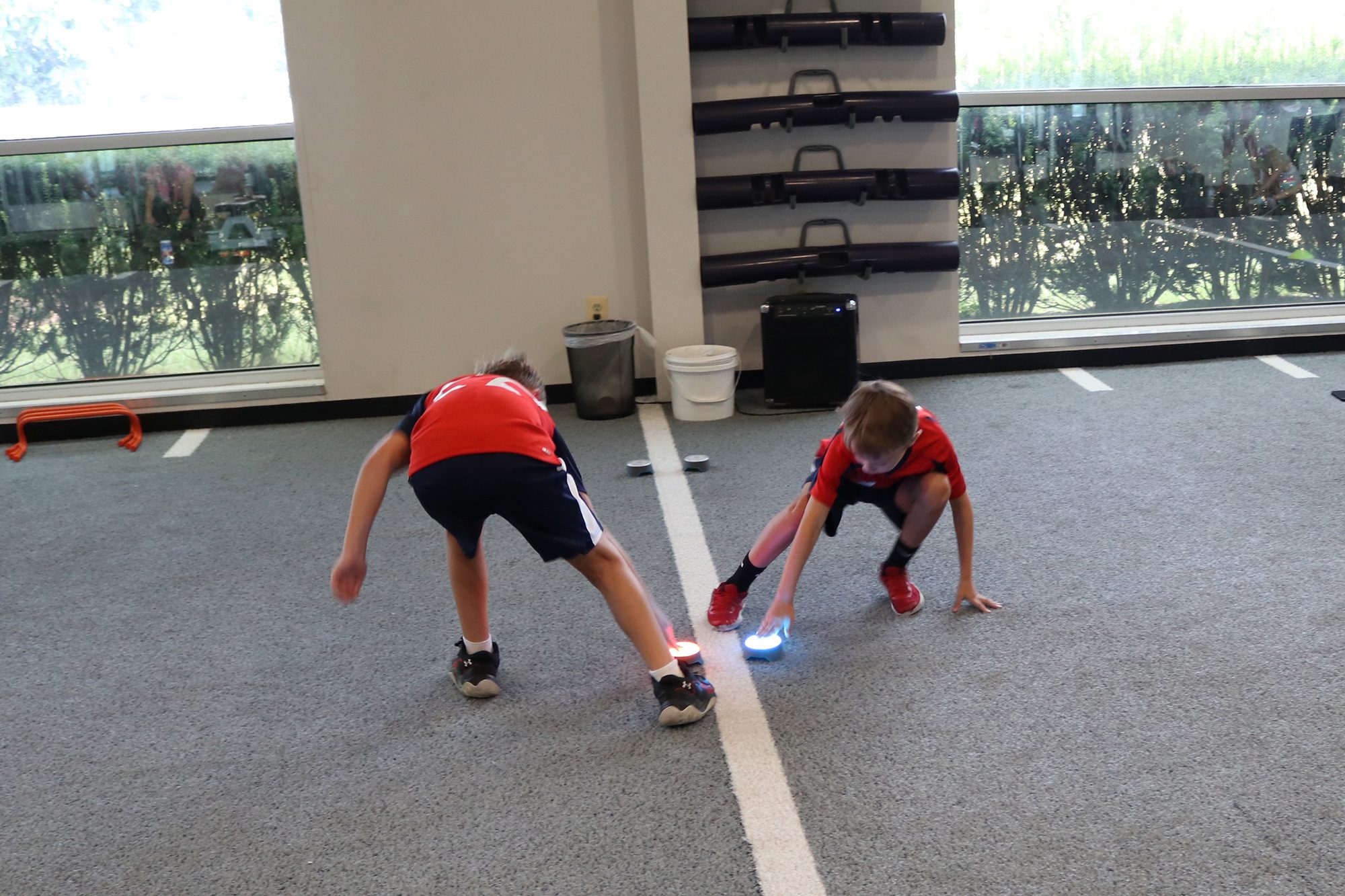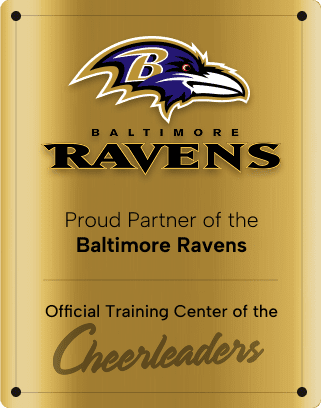
We all know that drinking water is essential to our health. As a matter of fact, water is second only to oxygen in its importance to our survival. Our cells are crying out for water to support our body’s essential functions.
Of course, water is also an important part of weight management and glowing skin. And no matter our age, I think we can all get on board with that.
But did you know that the older we get, the less efficient our bodies become at storing water? On top of this, our body’s dehydration signals tend to weaken as we age, so we may not feel thirsty until we are already dehydrated.
Grab a glass of water and read on for a more in-depth look at the importance of hydration to your vibrant – but aging – body.
Cognitive Function
Water is essential to a properly functioning brain. Studies show that even mild dehydration can impact the functionality of your brain cells. As we age, the ability of our brains to withstand cellular changes declines. Simply put, a younger person can more quickly reverse the effects of cognitive decline than an older person can. The prolonged cellular stress caused by dehydration can lead to irreversible damage and substantial cognitive decline. Studies have also shown that even mild dehydration can lead to fatigue, anxiety, restlessness, confusion, and depression. Experiencing an afternoon slump? Drink a glass of water, and you may just perk right up.
Tissue, Muscular, and Organ Function
If you are dehydrated, your body compensates by grabbing the water it needs from your tissues, muscles, and organs. Now take a few seconds to really picture this! I don’t know about you, but I’d rather provide my body with the water it needs instead of having it leach off my life-sustaining organs!
When it comes to muscle, we lose lean muscle tissue as we age. This is why strength training is a critical component of any fitness plan. Adequate hydration is equally as important. We need to do everything we can to build lean muscle mass as we age, not steal from it.
A sufficient water intake also improves our endurance levels, lowering the heart rate and speeding up the recovery process after we exercise.
Kidney Function
As with many bodily processes, kidney function tends to decline as we age. Your kidneys rely on water to remove waste from your blood. When your kidneys don’t receive enough water, the problem is compounded, which can lead to kidney stones or even kidney failure.
Circulatory Function
Your heart pumps almost 2,000 gallons of blood each day. That’s a lot of pumping.
As we age, there is less fluid in the bloodstream, so blood volume decreases. When you become dehydrated, the amount of blood circulating throughout your body decreases even further. This causes a rise in your heart rate and blood pressure. Your blood will also retain more sodium when you are dehydrated since sodium helps with water retention. But this results in a thickening of your blood, which makes it harder for blood to circulate throughout your body. Staying hydrated helps your heart pump blood more easily and allows oxygen to reach your muscles, which helps the muscles work efficiently and keeps you more alert and energized.
Immune Function
As we age, our immune system weakens. And no surprise – water is one of the keys to providing our immune system with the boost it needs. Water helps with nutrient absorption and rids the body of waste, thus fighting off illness. It also keeps mucous membranes moist, which helps prevent common colds and viruses.
Digestive Function
As we age, peristalsis, or the muscular contractions required to move food through our digestive tract, slows down. This causes our food to move more slowly through the colon, which can lead to constipation. Other common digestive issues as we age include reflux-associated symptoms. Drinking water before, during, and after a meal helps your body break down the food so you can digest it more easily. Water simply helps things move more efficiently through your digestive tract.
Mobility Function
Sufficient fluid intake helps lubricate and cushion your joints, spinal cord, and tissues. Not only does this lead to increased mobility, but it decreases the risk of falls. Drinking water will help you stay active longer and can reduce the discomfort of joint conditions that may develop, such as arthritis.
Sip Water All Day Long
You may now be convinced of your body’s need for water. But remember – don’t wait to feel thirsty before you reach for your water jug. Keep some type of water vessel handy and know how many times you need to refill it each day to reach your goal. The standard recommendation is 64 ounces per day, or approximately half of your body weight in ounces, whichever is greater. This rule of thumb can be modified as needed based on the climate you live in or any underlying health conditions. And of course, strenuous workouts will also up your water needs.
While good old water straight from the tap (or filtered to remove impurities) is the ideal source, you can get water from a variety of other sources as well. Seltzer water, club soda, and sparkling mineral water offer some carbonation for those who like a little fizz. Just be careful of flavored waters that may have added sugar or artificial sweeteners, or other questionable ingredients (such as “natural flavors,” which are often not so natural – but that’s for another blog)! If you need some added zing in your still or sparkling water, cut up a lemon, lime, cucumber, or some berries, and infuse the water with these truly natural flavors.
And don’t forget the water content in fresh fruits and vegetables, herbal teas, fermented beverages (like kombucha), and broth-based soups. The more we consume natural, clean foods and beverages, the more hydrated we will be, from the inside out.
So for your overall health, vitality, energy, longevity, and wellness goals, drink up, my friends!
Alison is one of Merritt Clubs’ Health and Life Coaches. If you would like to schedule a session with Alison or are interested in additional information about our Nutrition & Wellness services, please reach out to Sherri Lively at slively@merrittclubs.com.
Sources:
https://www.healthline.com/nutrition/club-soda-vs-seltzer#which-to-choose




